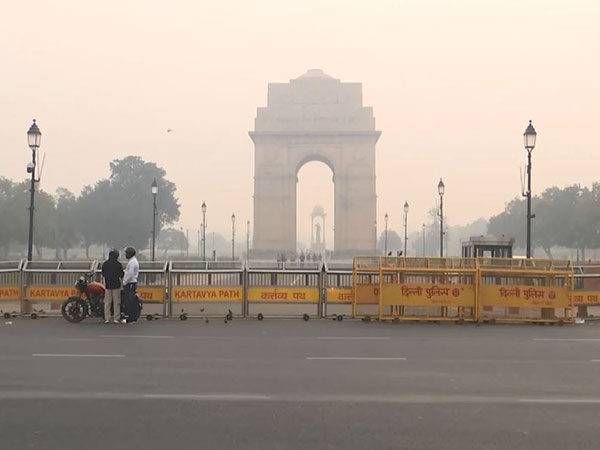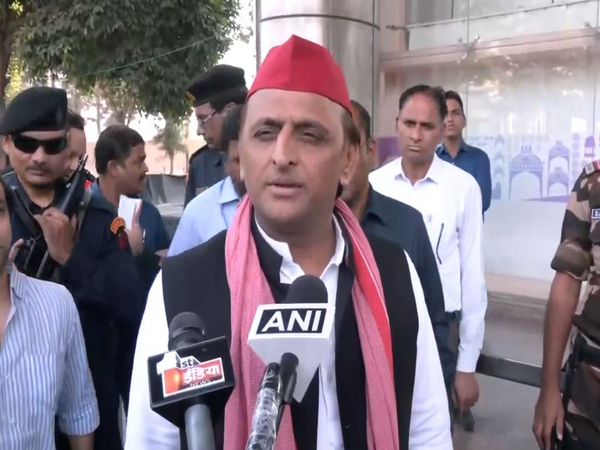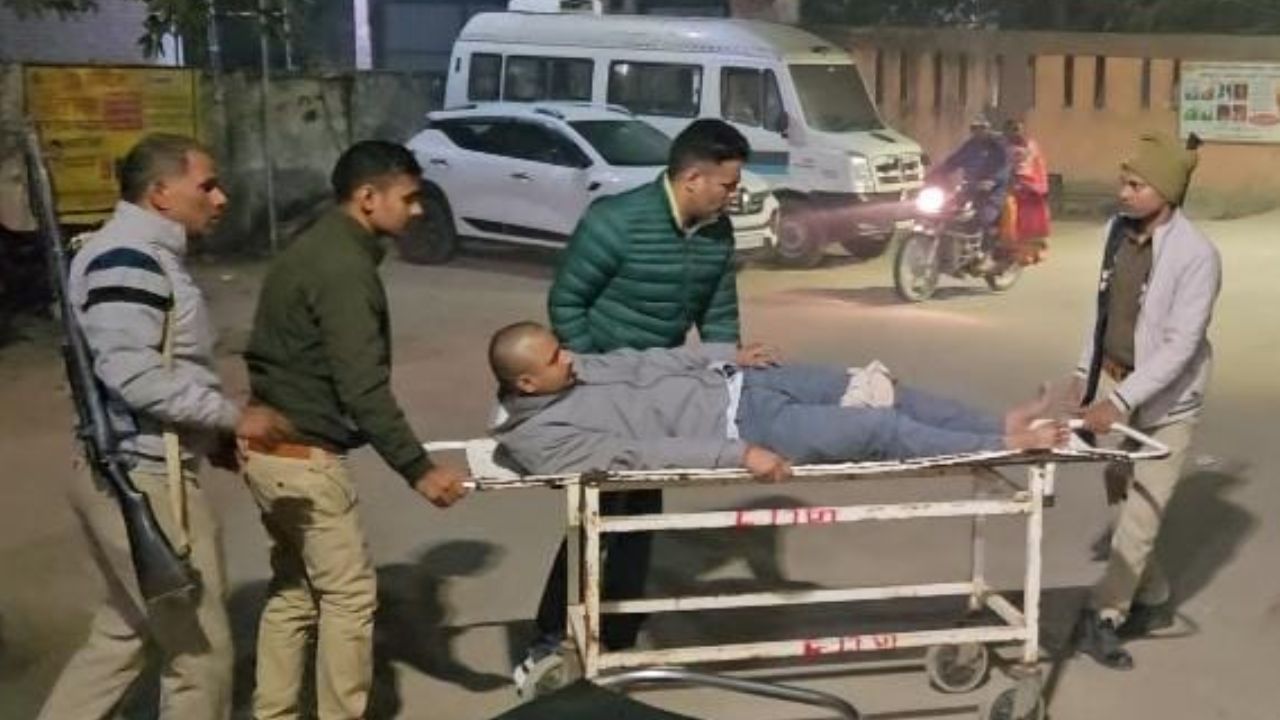Desk |
Updated: Nov 22, 2024 09:07 IST
New Delhi [India], November 22 (Desk): A thick layer of smog engulfed the national capital on Friday while the air quality index in Delhi remained in the ‘very poor’ category, according to the Central Pollution Control Board (CPCB).
At 7 am on Friday, the CPCB recorded Delhi’s AQI at 371, which placed it in the ‘very poor’ category.
According to the CPCB data, the AQI measured at Chandni Chowk till 7 am was 359, IGI Airport (T3) 357, ITO 344, Jawaharlal Nehru Stadium 342, RK Puram 372, Okhla Phase 2 374, Patparganj 379, Sonia Vihar 400 and Aya Nagar 359.
However, several places in Delhi are still in the ‘severe’ category for air pollution, with Anand Vihar recording an AQI of 410, Bawana 411, Mundka 402, and Wazirpur at 413.
An AQI between 0-50 is considered good, 51-100 is satisfactory, 101-200 is moderate, 201-300 is poor, 301-400 is very poor and 401-500 is severe.
Suryakant, who was out for a morning walk on Lodhi Road, said the pollution situation in Delhi is very bad and the number of people coming for morning walks has reduced.
“The pollution situation in Delhi is very bad. It is unfortunate. Schools have started online classes. The number of people coming for morning walks has also reduced. Eyes are burning,” he said.
Prakash Kumar Singh, a Class 12 student, informed his classes have also gone online, due to the high AQI.
“Pollution has increased. When the weather changes, pollution always increases in Delhi. We are youngsters, so it doesn’t affect us much, but the condition of the elderly is getting worse. I am also a student and my classes have gone online, so it is very good because the AQI is very high,” he told Desk.
Gaurav a tourist who had come to visit India Gate said that the pollution is causing itching in the throat, sore throat, and a burning sensation in the eyes.
“Pollution is causing itching in the throat, sore throat, and burning sensation in the eyes. The only solution for this at the moment is to wear a mask and stay at home. The government should reduce the sources of pollution. Pollution is causing trouble for the elderly,” he told Desk.
Meanwhile, the situation is slightly better in Uttar Pradesh, as Lucknow recorded an AQI of 268 at 7 am on Friday, which has been categorised as poor by the CPCB.
In Noida, a thin layer of smog engulfed the city, where the AQI was recorded at 262, which is categorised as ‘poor’ according to the CPCB.
In Agra, the iconic Taj Mahal looked ethereal amid a thin layer of fog. According to the Central Pollution Control Board, the air quality in the region is in the ‘moderate’ category. The India Meteorological Department (IMD) reported that the city witnessed ‘light fog’ today. 
Stephanie, a tourist from London, said that the Taj Mahal is absolutely amazing, but there is a lot of pollution in the air.
“I think the Taj is absolutely amazing. It is very beautiful, especially in the morning when there is a lot of fog and the river water is rising. It looks very beautiful. But I think there is a lot of pollution in the air; you can smell the smoke. But it makes for a very beautiful picture,” she told Desk.
Delhi has been battling severe air quality and thick smog for the past few weeks. At 8 am on Thursday, the city’s AQI was recorded at 379, categorised as ‘very poor’ by the Central Pollution Control Board (CPCB).
Earlier on Thursday, the Aam Aadmi Party (AAP) launched a scathing attack on Union Environment Minister Bhupender Yadav and accused him of being indifferent to the growing pollution crisis in north India.
Citing a national daily’s report titled “AQI in north India hits ‘severe plus’ levels; toxic smog now visible even from space,” the AAP wrote on Twitter (formerly Twitter), “Bhupender Yadav ji doesn’t care”.
In view of the alarming pollution levels, the Commission for Air Quality Management (CAQM) implemented Phase IV of the Graded Response Action Plan (GRAP) in Delhi-NCR from November 18. Phase IV of GRAP includes restrictions such as a ban on entry of trucks and suspension of public works projects. (Desk)





